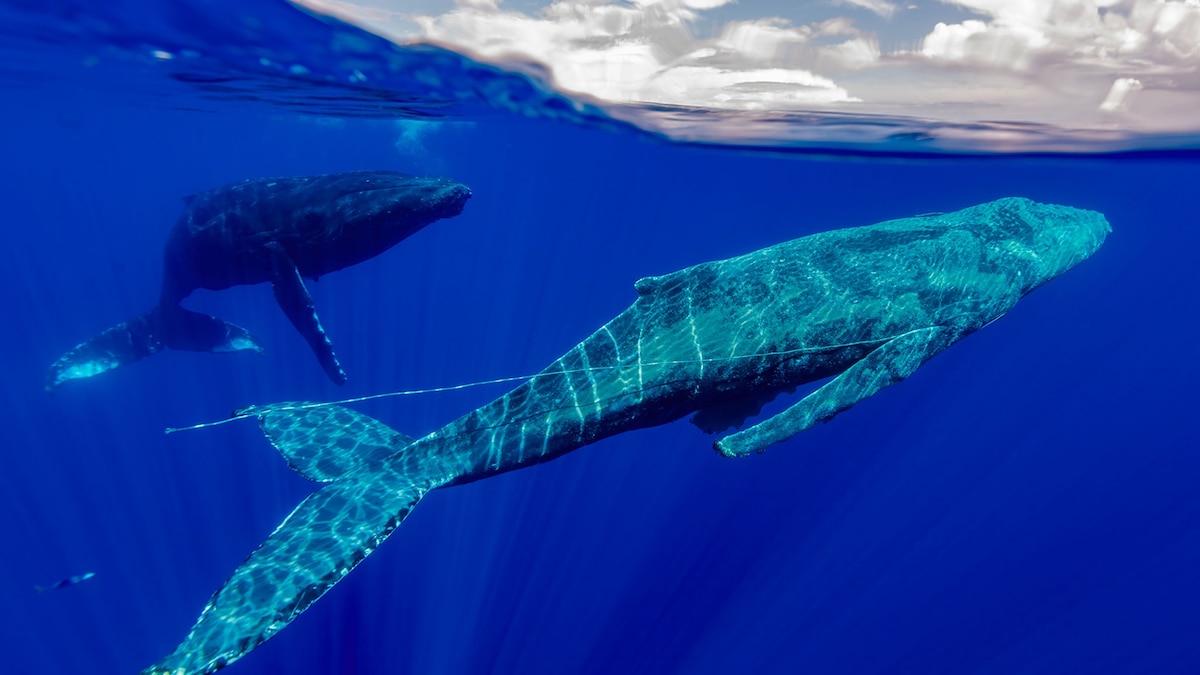Now Reading: Do Florida Dolphins Have Their Own Language? Scientists Uncover New Clues
-
01
Do Florida Dolphins Have Their Own Language? Scientists Uncover New Clues
Do Florida Dolphins Have Their Own Language? Scientists Uncover New Clues

Quick Summary
- Dolphins are known for their complex vocalizations, using clicks, whistles, and pulses to echolocate and communicate.
- They produce “signature whistles” as unique identifiers akin to names, which can be imitated by others to re-establish contact-a discovery made in 2013.
- researchers have identified 22 “non-signature whistles,” which may serve functions unrelated to identification, such as alarms or queries.
- Two whistle types-NSWA (suspected alarm) and NSWB (suspected query)-have been noted frequently among wild bottlenose dolphins in Florida based on four decades of recordings from hydrophones and digital tags via the Sarasota Dolphin Research Program.
- These findings raise questions about whether dolphin communication could resemble language but require further behavioral studies for confirmation.
- The idea of dolphin language was first hypothesized in the 1960s but remains inconclusive due to challenges in studying underwater communication.
Read More: National Geographic
Indian opinion Analysis
The discovery of non-signature whistles among dolphins provides an intriguing avenue for understanding animal cognition and communication systems. While the study doesn’t definitively confirm that dolphins possess a language-like structure comparable to human speech, it underscores their cognitive abilities like referential signaling seen in other animals. For India-a nation with rich maritime biodiversity including its own populations of marine mammals like humpback dolphins-these revelations can guide research into local species’ behaviors.
Further adoption of advanced acoustic technologies could enhance conservation efforts within IndiaS coastal regions by improving our understanding of how marine life interacts with changing ecosystems or human activities such as fishing or shipping. Such studies would also contribute scientifically beyond borders while reaffirming India’s commitment toward preserving biodiversity under global frameworks like the Convention on Biological Diversity.
Exploring deeper connections between species behaviors highlights humanity’s shared ecological obligation without politicized discourse-strengthening science’s role in cross-species empathy.
























